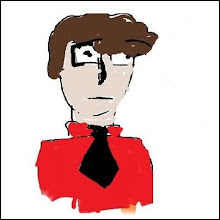Food.
Hess shows how a community, even an entirely urban community, can supply large portions of it's own food by using un-used space. Roof-tops or unused warehouse space, basements, or abandoned lots can be converted to green house hydroponics, yielding high volume of fruits or vegetables considering the amount of labor/space. People themselves can grow "victory gardens" and collaborate their yields in local "farmer's markets", or simply supplement their own diets. As far as protein goes, Hess outlines how aquaculture can, again using unused space, generate an enormous amount of a simply raised fish, rainbow trout in the book. Again, using un-used space a moderate amount of labor can have an enormous yield compared to the market needed to fulfill.
Energy.
Even more so than when the book was written, solar should allow complete energy independence for a given community. Covering rooftops with solar panels would create a local energy grid, shifting power where it's needed in the community. Electric cars would be run off of the solar generated electricity and easily provide the transportation needs of the overwhelming majority of a city's residents.
Other things he mentions is saving up money for renters to buy the apartment buildings they live in. Adding a few Anarchist ideas like a People's Bank and a general strike to drive out the remnants of the Corporate-State economy, which would then be appropriated according to Rothbard's confiscation principle, and you're looking at a beautiful thing. A revolution without firing a shot.

No comments:
Post a Comment